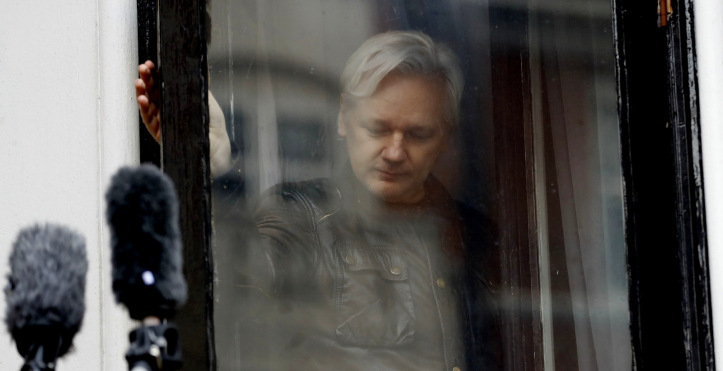
FBI whistleblower Sibel Edmonds asserts Pierre Omidyar decided to create The Intercept not only to take ownership of the Snowden leaks but to also continue his blockade against WikiLeaks and to create a “honey trap” for whistleblowers.
18 Jan 2018 | Whitney Webb | Mint Press News
“Mid-November, 2017 – The Daily Beast ran an exclusive report detailing how the Freedom of the Press Foundation (FPF) was set to break ties with WikiLeaks amidst concerns among the foundation’s board, which includes such well-known figures as Daniel Ellsberg, Edward Snowden, Laura Poitras, John Cusack and Glenn Greenwald, among others. The news was confirmed less than a month later when the nonprofit’s board officially voted to stop accepting U.S. donations for WikiLeaks, which had been blacklisted for years by Visa, MasterCard and PayPal after publishing leaked U.S. government documents provided by Chelsea Manning.
Even though the FPF had been founded to allow WikiLeaks to circumvent the banking blockade — which, according to WikiLeaks, sapped nearly 95% of the transparency organization’s funds — the board’s decision to end its founding mission was unanimous.
Last Monday, the FPF made it official, severing its ties with WikiLeaks, leaving it to rely on cryptocurrencies and other esoteric means of funding in order to get around the banking blockade. Journalist Trevor Timm, the FPF’s director, told WikiLeaks’ editor-in-chief Julian Assange in an email that the foundation’s reason for ending the partnership was “that the financial blockade by the major payment processors is no longer in effect, and as such, we will soon cease processing donations on behalf of WikiLeaks readers.”
“The financial censorship of WikiLeaks is ongoing in various ways, as is our litigation in response,” Assange told Timm in response, adding that:
The FPF faces criticism for receiving donations on our behalf, but that is its function. If it bows to political pressure it becomes part of the problem it was designed to solve and yet another spurious free-speech organization — of which there are plenty.”
Assange had made the exchange public by publishing it on his personal Twitter, but it has since been deleted.
Indeed, the pressure against WikiLeaks has reached fever pitch, with Attorney General Jeff Sessions’ calling Assange’s arrest a “priority” and CIA Director Mike Pompeo labeling it a non-state hostile intelligence service. Last Thursday, former CIA analyst and whistleblower John Kiriakou stated his belief that “the Americans want Assange’s head on a platter.” All of this has followed Wikileaks’ publication of the Podesta emails and DNC leaks in 2016 prior to that year’s U.S. presidential election, as well as its more recent publication of CIA hacking secrets in the “Vault 7” and “Vault 8” releases.
Voting WikiLeaks off the investigative island
Though Timm’s explanation seemed benign enough, WikiLeaks took to Twitter to suggest that something more nefarious was behind the board’s decision to cut ties. Once the news became public, WikiLeaks and its associated accounts linked the FPF’s decision to the fact that many of its members now work for organizations financed by eBay billionaire and PayPal co-founder Pierre Omidyar. In addition, the FPF itself has received large sums of money from Omidyar and his various businesses and foundations.
WikiLeaks
✔@wikileaks
Today, the “Freedom of Press” Foundation, which is now substantially linked to Paypal’s Omidyar, has, after political pressure, decided to terminate processing of WikiLeaks’ donations.
WikiLeaks, in recent tweets, has suggested that Omidyar’s influence was responsible not only for the FPF’s decision but also for the unusual attacks that some FPF members have launched against WikiLeaks, particularly Assange, in recent months. The most outspoken of these members has been FPF director Micah Lee, who is employed by the Omidyar-owned publication, The Intercept.
In February of last year, Lee called Assange a “rapist, liar & ally to fascists” in a tweet — despite the fact that Assange was never charged with rape, his alleged accusers have also claimed that Assange had not sexually assaulted them, and there is abundant evidence suggesting that the rape investigation was a means of ensnaring Assange to ensure his extradition to the United States. Based on Lee’s other tweets, the “ally to fascists” charge ostensibly refers to Lee’s belief that Wikileaks’ publications of emails from the DNC and Clinton campaign chair John Podesta was done explicitly, with Assange’s blessing, to aid the Trump campaign.
Lee has also claimed that Assange is a “Putin fanboy” who doesn’t care “about government transparency if the government in question is Russia,” even though WikiLeaks has published information damaging to the Russian government while Putin was president. Lee also intimated that Assange may have a direct relationship to the Kremlin, an outlandish claim for which there is no basis.
Lee, in other tweets, has also perpetuated the “Russiagate” conspiracy in attempts to link Assange to Trump to Putin.
9 JanMicah Lee
✔@micahflee Replying to @micahflee
But even if WL’s conspiracy theory were true, and the US funded OCCR specifically to attack Putin, so what?
Doesn’t WL argue that it doesn’t matter who their source for DNC emails are as long as the docs are real? The hypocrisy is strong.
Micah Lee
✔@micahflee
How Russia Often Benefits When Julian Assange Reveals the West’s Secrets
American officials say Mr. Assange and WikiLeaks probably have no direct ties to Russian intelligence services. But the agendas of WikiLeaks and the Kremlin have often dovetailed.
Twitter Ads info and privacy
This same conspiracy theory, which has produced no concrete evidence to support its claims after more than a year, was initiated by top government officials such as the former Director of National Intelligence James Clapper and former CIA director Michael Morell, among others.
Other members of FPF as well as some other Intercept writers (see here and here) have echoed these claims as well, attacking Assange for allegedly siding with Trump over Clinton in the 2016 election even though Assange never declared support for Trump. Ironically, many of these same journalists have themselves proven to be very partisan in their writings and on social media, undermining the claim of Lee and others that the FPF is “non-partisan.”
Sibel Edmonds, FBI whistleblower and founder of the National Security Whistleblowers Coalition, told MintPress News that the FPF has a reputation for being a “very, very partisan organization and populated with ideologues.” She further asserted that the “number one reason” for the FPF’s decision was directly related to Wikileaks’ releases in 2016, namely the DNC leaks and the Podesta emails.
Edmonds added :
Assange violated their criteria and this is basically their pay-back. All of the individuals [on the FPF] are known to be ideologues, are into this game of divide and conquer. Their role is to represent the left and Julian Assange challenged this. Before the election, many of the members of this organization supported Assange. It’s important to ask why this changed over night.”
Despite the slander and demonstrably false claims, other FPF members who have historically defended WikiLeaks and Assange were silent regarding Lee’s accusations, including Glenn Greenwald, Daniel Ellsberg and Edward Snowden. Though FPF members have denied that Omidyar’s influence has had a role in these attacks, as well as in the board’s decision to cut ties with WikiLeaks, a closer examination of Omidyar and his ties to the U.S. political establishment — as well as his apparent influence on some of the FPF’s most prominent members — gives credibility to WikiLeaks’ concerns.
Omidyar’s connections and agenda
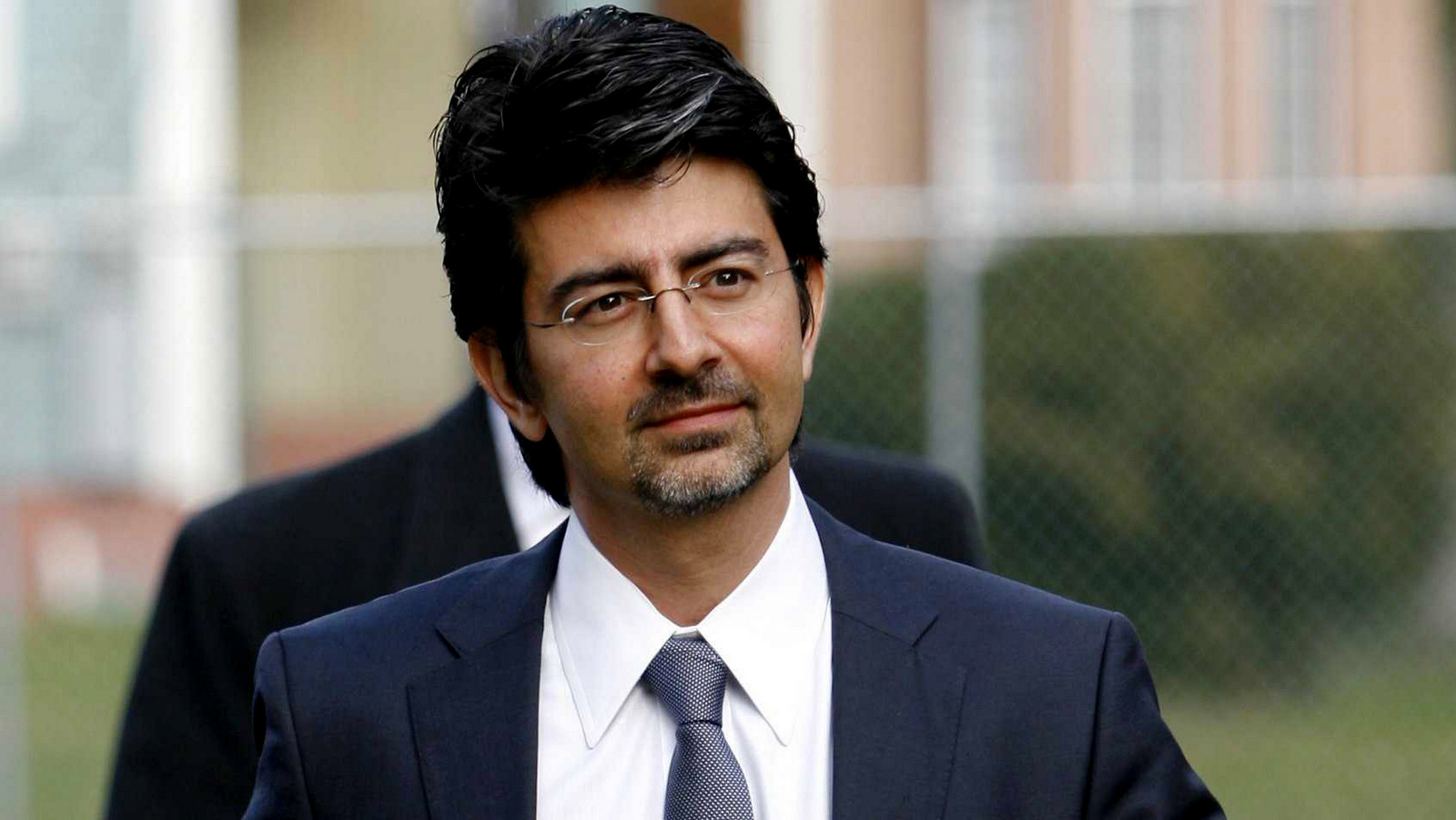
Pierre Omidyar, prior to the founding of The Intercept, was known not for any commitment to journalism or free speech but rather for his connections to the U.S. government and his role in the financial blockade of WikiLeaks that began in 2010.
Indeed, publicly available records reveal Omidyar’s close connections to the U.S. political establishment. For example, Omidyar made more visits to the Obama White House between 2009 and 2013 than did Google’s Eric Schmidt, Facebook’s Mark Zuckerberg or Amazon’s Jeff Bezos. He has also donated $30 million to the Clinton global initiative. He directly co-invested with the State Department, funding groups – some of them overtly fascist – that worked to overthrow Ukraine’s democratically elected government in 2014. He continues to fund USAID, particularly its overseas program aimed at “advancing U.S. national security interests” abroad.
Omidyar has a vested interest in advancing the interests of the U.S. political establishment for a variety of reasons. Sibel Edmonds, who was among the first to note Omidyar’s background upon The Intercept’s founding, noted that the PayPal co-founder “has been in bed with the CIA and NSA” and even the Department of Defense — further noting that the Snowden documents that The Intercept, and thus Omidyar, controls “contain information about PayPal’s direct partnership not only with the Treasury Department but also the CIA.”
Edmonds further stated that Greenwald had confirmed Omidyar’s long-running partnership with the CIA and other government agencies on Twitter during a heated exchange between the two in 2013.
Omidyar is also well-connected to Snowden’s former employer Booz Allen Hamilton, a major government contractor known as the “world’s most profitable spy organization,” whose former executives include James Clapper, former Director of National Intelligence, and Michael McConnell, former Director of the NSA. Omidyar’s Ulupono Initiative, a venture capital fund that operates in his home state of Hawaii, cosponsors one of the Pentagon’s most important contractor expos, in which Booz Allen Hamilton – and the Department of Defense – have a major stake. In addition, a former Booz Allen Hamilton vice president, Kyle Datta, is General Partner of Omidyar’s Ulupono Initiative.
Also striking was Omidyar’s decision to accept Snowden’s former boss at Booz Allen Hamilton, Robert Lietzke, into the Omidyar Fellows program in 2015 after personally interviewing Lietzke as part of the program’s application process. What was unusual in Lietzke’s case was that Omidyar also oversees The Intercept, which has exclusive publishing rights over the Snowden cache – which was taken from under Lietzke’s nose at Booz Allen Hamilton by his former employee, Edward Snowden. Snowden himself has remained silent on Omidyar’s decision, despite the mixed signals it sent and continues to serve as the president of the FPF — which, as mentioned, is also funded by Omidyar.
The Intercept was founded in 2014 with some $250 million in seed money from Omidyar. Its first hires were Glenn Greenwald and Laura Poitras, the only journalists in possession of the full Snowden cache. According to former Intercept writers, Omidyar – despite funding and founding an enterprise dedicated to “fearless” and “adversarial” journalism – is “shockingly [un]interested in the actual journalism” of the paper. If this portrayal of Omidyar’s interest — or rather, lack of interest — in journalism is accurate, it is strange that he would also fund organizations — like the FPF, the Center for Public Integrity, and ProPublica — ostensibly dedicated to investigative journalism, transparency, and the First Amendment.
Omidyar’s supposed devotion is also hard to square with the fact that he and PayPal were a major part of the financial blockade against WikiLeaks, which – as mentioned above – deprived WikiLeaks of 95% of its revenue at the time. Though Omidyar –- and now the FPF -– have argued that the blockade has long been lifted, WikiLeaks has publicly disagreed, maintaining that it remains in effect. Interestingly, when Omidyar was asserting that the blockade had ended, the FPF – at the time – had also publicly disagreed with his assessment and claimed that the blockade was still in full effect.
Omidyar has also, in the past, been rather candid about his views on leakers. He asserted in 2009 that organizations that publish stolen — or leaked — information “should help catch the thief” and shouldn’t publish such information in the first place. Omidyar even defended this view after The Intercept’s founding and refused to speak in “absolutes” about whether or not a source should be turned in — a troubling perspective to have in light of The Intercept’s debacle in the Reality Winner case.
What then caused him to create The Intercept, only a few years after making that assertion? Given Omidyar’s connections to the U.S. government, particularly the NSA, and top government contractors, including Snowden’s former employer, it was likely an effort to privatize and thus thwart or slow the publication of the Snowden leaks in which PayPal is allegedly implicated — and not a sudden change of heart.
Edmonds went a step further, stating that:
The Intercept is a continuation of that blockade [of WikiLeaks]. [It] was set up with that purpose. Specifically, it was set up to block true, real information and put forth narrative that has already gotten the approval of special interests including the U.S. government. It made perfect sense for him [Omidyar] to move from that to setting up a news organization and posing as an outlet for investigative reports depending on whistleblowers.”
The fine line between curation and censorship
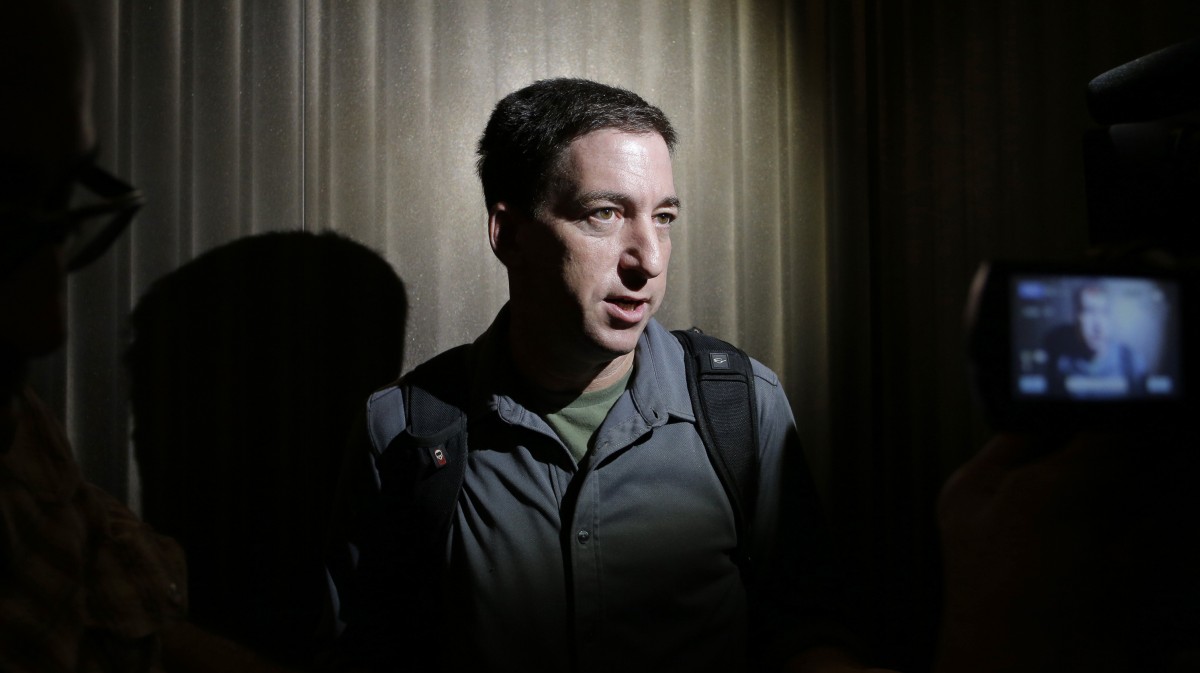
Omidyar’s view on leaks and leakers seem to have influenced the opinions of some of the FPF’s most prominent members. For instance, Glenn Greenwald, following the publication of the Podesta emails, suggested in a conversation with Naomi Klein that the Podesta emails should have been “curated” prior to their release in order to prevent the outing of potentially sensitive personal information. Specifically, Greenwald stated: “I think WikiLeaks more or less at this point stands alone in believing that these kinds of dumps are ethically — never mind journalistically — just ethically, as a human being, justifiable.”
Read More
Advertisements Share this: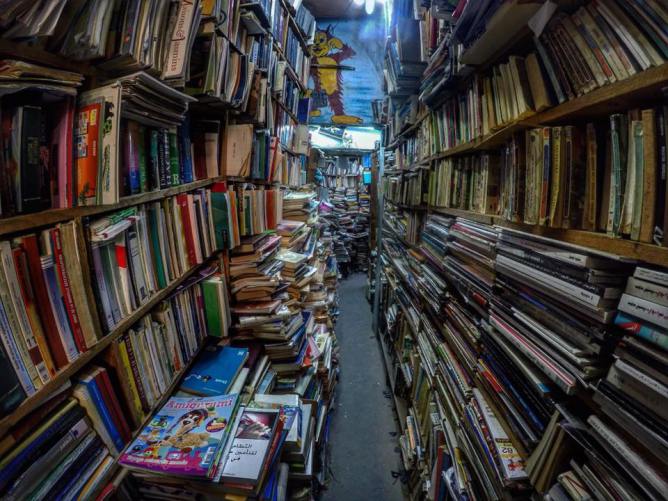
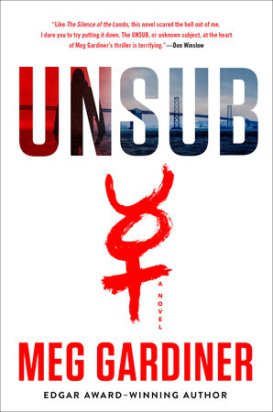

![Patient Zero: Short stories from the Project Renova series by [Tyler, Terry]](/ai/048/144/48144.jpg)

